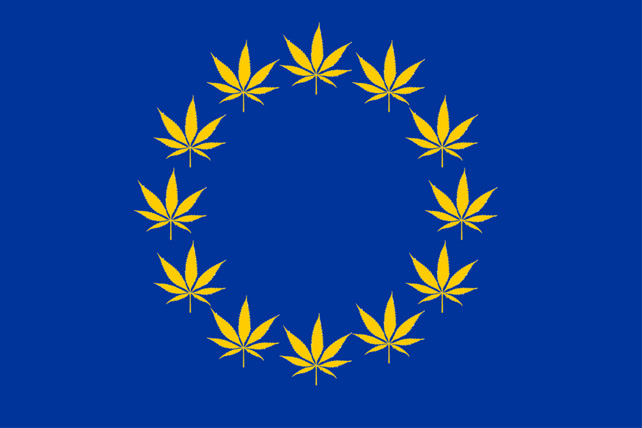New legislation in New Zealand enables authorities to force certain people with problematic drug use into compulsory rehabilitation programmes.
This controversial practice marks a divergence from New Zealand’s traditionally progressive approach, which has previously received praise from international health experts.
The Substance Addiction Act was given royal assent on February 21, and has thus become law in New Zealand.
This Act allows a court to order an individual to be held at a compulsory rehabilitation centre, but only if they have a “severe substance addiction”, and if they lack the capacity to retain information or make an “informed decision” about treatment.
Additionally, an approved mental health specialist must be brought to court to approve the judgement of the individual’s lack of capacity. Compulsory rehabilitation should therefore be used by courts as a method of last resort.
An individual can be referred to a court for a compulsory detention decision even if they have not been charged with a crime.
Legislation allowing authorities to order compulsory rehabilitation was first introduced over half a century ago, as part of the Alcoholism and Drug Addiction Act (ADA) 1966. However, this has been seldom used since 1990, as it contravened Section 22 of New Zealand’s Bill of Rights – that “everyone has the right not to be arbitrarily arrested or detained”.
Vanessa Caldwell, national manager of Matua Raki, the national centre for addiction workforce development in New Zealand, has described the ADA as “outdated and unworkable”.
In a 2016 editorial, Caldwell said that the then-upcoming Substance Addiction Bill was "designed to improve the treatment process for those who have a severe substance disorder” and proclaimed that “this change could not come soon enough".
Caldwell claimed that the limit on the period of detention, eight weeks, was within "acceptable limits" of the Bill of Rights. This may be legally challenged in the future.
Rates of drug use within New Zealand are relatively high compared to the rest of the world. Results of a 2008 government survey suggested that 51.9 per cent of the population had used illegal drugs for recreational purposes in their lifetime.
Around one quarter of New Zealanders who responded to the 2015 Global Drug Survey claimed to have used an illegal drug within the previous month.
Meanwhile, the UN Office on Drugs and Crime reports that the rate of methamphetamine use in New Zealand is among the highest in the world; an issue that the government has specifically targeted, in a bid to redirect people with problematic use from prisons to treatment centres.
New Zealand has been praised by international experts for implementing relatively evidence-based drug policies. In 2015, for example, an Australian narcotic taskforce praised New Zealand for "[providing] an international example of efforts to improve treatment in correctional facilities" for problematic methamphetamine use.
Compulsory rehabilitation centres elsewhere – particularly in Southeast Asia – have hit headlines for their notoriety in recent years, including forced labour camps in Vietnam, and institutions that appear to be little more than glorified prisons in Cambodia.
Individuals detained at New Zealand’s rehabilitation centres are unlikely to face such violence, however the inherent ethical dilemma persists; the state is depriving an individual of their liberty for a subjective element of their behaviour, regardless of whether or not they have committed a crime.


